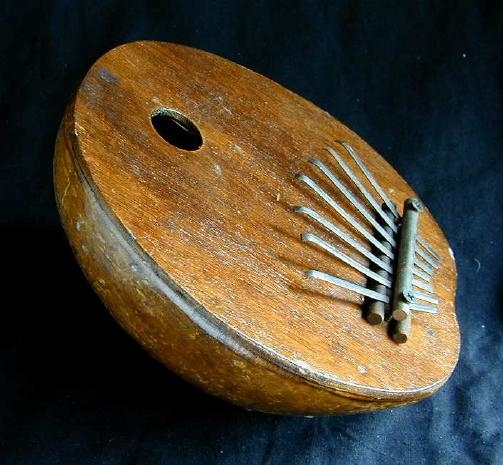The importance of music and dance in Nigeria: from Afrobeat to traditional rhythms
Welcome to our exciting blog post about the fascinating world of Nigerian music and dance culture! Nigeria is not only known for its rich history, breathtaking landscapes, and vibrant population, but also for its impressive variety of musical styles and rousing dance forms. In this article, we take a deep dive into Nigeria’s African music scene, from the pulsating sounds of Afrobeat to the traditional rhythms that shape the country’s cultural identity.
Afrobeat – a genre that has made Nigeria famous worldwide. Afrobeat has its roots in the 1960s and 1970s, when the legendary Fela Kuti revolutionized the music scene. This dynamic musical genre combines elements of jazz, funk and traditional West African music to create a unique sound. Afrobeat is not only a musical genre, but also a political statement. Lyrics full of social commentary and critical messages give Afrobeat a special meaning and relevance in Nigeria and beyond.
In addition to Afrobeat, Nigeria has a wealth of traditional rhythms that are deeply embedded in the country’s cultural identity. Each of Nigeria’s over 250 ethnic groups has its own unique musical expressions. These traditional rhythms tell stories, convey values, and celebrate connectedness with nature and community. From the joyful sounds of Yoruba drums to the melodic kora sounds of Hausa folklore, there is endless variety to discover.
In Nigeria, music and dance are not only artistic forms of expression, but also important components of daily life. They play a crucial role in religious ceremonies, festivals, weddings and other social events. Through music and dance, people in Nigeria find a way to express joy, sorrow, hope and passion. They create an atmosphere of community and cohesion that unites people of different backgrounds and generations.
Nigeria’s music and dance scene has also achieved international success. Artists such as Burna Boy, Wizkid and Tiwa Savage have conquered the world stage with their African beats and infectious rhythms. The unique fusion of traditional sounds with modern influences has helped to make Nigerian music known globally and inspire a wide audience.
However, the importance of music and dance in Nigeria goes beyond commercial success. They are an expression of the country’s rich history, cultural diversity and vibrant society. By preserving and developing their traditions, musicians and dancers help strengthen national identity and promote cultural exchange within Nigeria and across borders. Music and dance serve as a link between generations, allowing traditions and stories to be passed from one generation to the next.
In addition, music and dance in Nigeria also have transformative power. They are not only entertainment, but can also bring about social change. Historically, they played an important role in the fight against colonialism and oppression. Fela Kuti, one of Nigeria’s best-known musicians, used his music as a platform to denounce social ills and instigate political change. His influence on society and the music scene is still felt today.
Music and dance also have a significant impact on an individual level in Nigeria. They serve as an outlet for emotions, promote physical and mental health, and offer a form of self-development. Dance in particular is an expression of joie de vivre, energy and personal expression that brings people together and releases positive energy.
For fans of Africa, Nigeria offers a wealth of musical and dance experiences to discover. From the lively street festivals in Lagos to the colorful festivals in the various regions of the country, there are numerous opportunities to immerse yourself in Nigeria’s vibrant culture.
The importance of music and dance in Nigeria should not be underestimated. They are an essential part of daily life, a source of inspiration and a powerful expression of Nigerian identity. From the infectious sounds of Afrobeat to the fascinating traditional rhythms, Nigeria’s musical and dance diversity offers a rich and incomparable experience.

